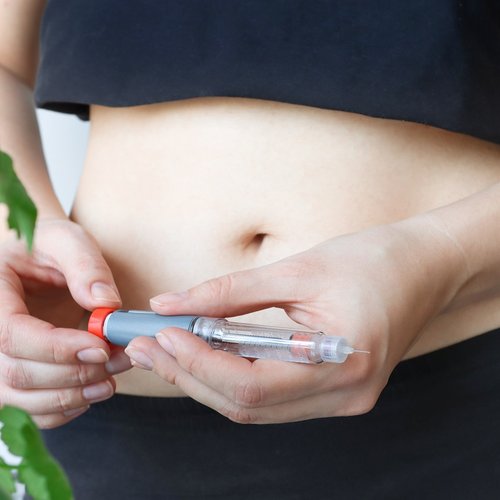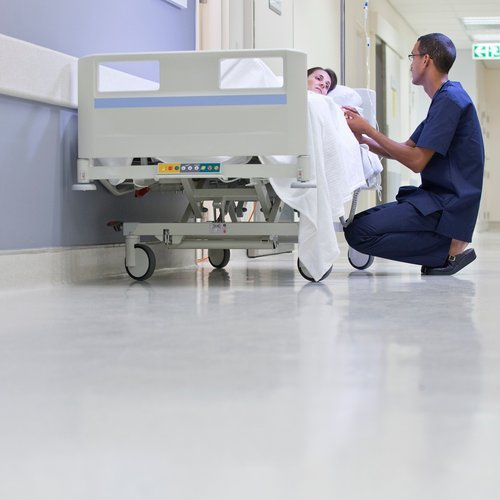
Insulin: supporting safe self-administration for patients in the community with a mental health problem
Our safety recommendations are designed to strengthen care for people with co-existing mental health conditions and insulin-treated diabetes, with a clear focus on improving integration between services and advancing recognition and research into type 1 diabetes and disordered eating.








